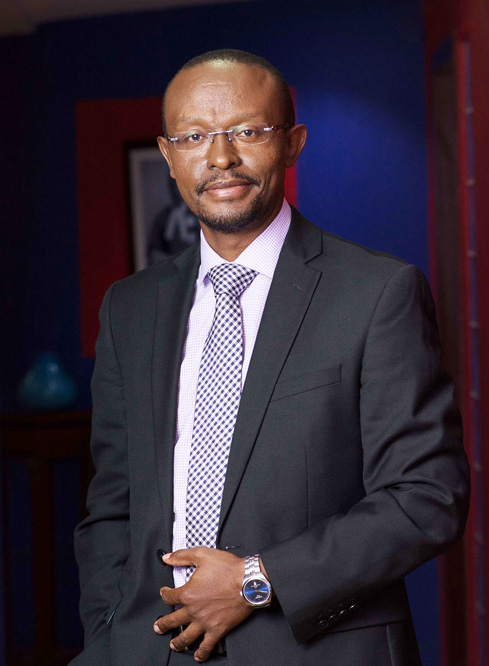The usually restrained halls of the Milimani Commercial Courts are bracing for a high-profile defamation battle that could test the limits of free speech in Kenya’s social media age.
In case MCCC E5724 of 2025, prominent Nairobi advocate Cecil Guyana Miller has sued political commentator Nelson Amenya over a viral post on X (formerly Twitter) that accused Miller’s firm of siphoning millions from the Kenya Union of Savings and Credit Co-operatives (KUSCCO).
Miller, a 29-year veteran of the legal profession and Managing Partner at Miller & Company Advocates, says the August 12, 2025, post was “false, malicious, and calculated to destroy my professional reputation.” The suit, filed through P.W. Wena & Co. Advocates, seeks damages, an injunction, and the removal of the post.
The contested tweet, titled “UPDATE; VIPINDIREE at KUSCCO”, alleged that Miller’s firm had “siphoned more than KSh 30 million” from KUSCCO through representation in “dubious cases,” and that advising on a PricewaterhouseCoopers report would cost the embattled union another KSh 20 million.
“For an entity allegedly KSh 12 billion in the red,” Amenya wrote, “this is a financial comedy.”
The post formed part of a broader thread on alleged mismanagement and corruption at KUSCCO, touching on asset stripping, political interference, and conflicts of interest. But Miller insists the references to him and his firm are wholly untrue. “I have built my career on integrity and competence,” he said outside court. “To suggest that I am involved in corruption without a shred of evidence is reckless and deeply damaging.”
In court papers, the plaintiff claims the accusations painted him as “dishonest, corrupt, unprofessional, and unfit to practise law.” He says the post sparked embarrassment among clients and staff, forcing him to cancel meetings, and that it even included confidential correspondence between his firm and KUSCCO without consent.
According to the suit, the alleged malice is clear:
- The defendant did not attempt to verify the claims.
- The information was published recklessly and without regard for the truth.
- A formal demand for retraction and apology was ignored.
“We wrote to him the very same day, asking for an immediate retraction,” Miller’s lawyer told reporters. “He ignored it and instead allowed the post to continue circulating, damaging my client’s standing in the legal community.”
Miller’s evidence includes a copy of the disputed post, the demand letter, KUSCCO retainer agreements, fee notes, and internal memos showing agreed fees for debt recovery and representation.
For his part, Amenya has not yet filed a defence. However, in the original thread, he questioned why “an allegedly insolvent union could afford multi-million-shilling legal and consultancy fees” and accused unnamed parties of “using investigations as cover for insider enrichment.”
The case has sparked national interest, not only for the reputations at stake but for its potential to define how far Kenyans can go in naming individuals in public-interest social media posts.
“This case is a litmus test,” said Nairobi media lawyer Peter Otieno, who is not involved in the matter. “It sits right at the intersection of two competing principles, freedom of expression and protection of reputation, and the outcome will be watched closely by journalists, activists, and public figures alike.”
Under Kenyan law, truth is a defence to defamation, but defendants must prove the truth of their statements, a challenge in corruption-related claims where official records can be hard to access. At the same time, courts have increasingly recognised that public-interest reporting, particularly on governance, must not be silenced by punitive lawsuits.
“If I win,” Miller told the press, “it will send a message that you cannot defame professionals under the guise of whistleblowing. Facts matter.”
Some online commentators disagree. “This is about transparency,” one cooperative sector activist posted. “If citizens fear lawsuits every time they expose corruption, we will never clean up our institutions.”
The first hearing is expected later this month. Until then, the case continues to divide public opinion between those who see a respected lawyer defending his name and those who believe it is a warning shot to citizen watchdogs in the age of viral allegations.



